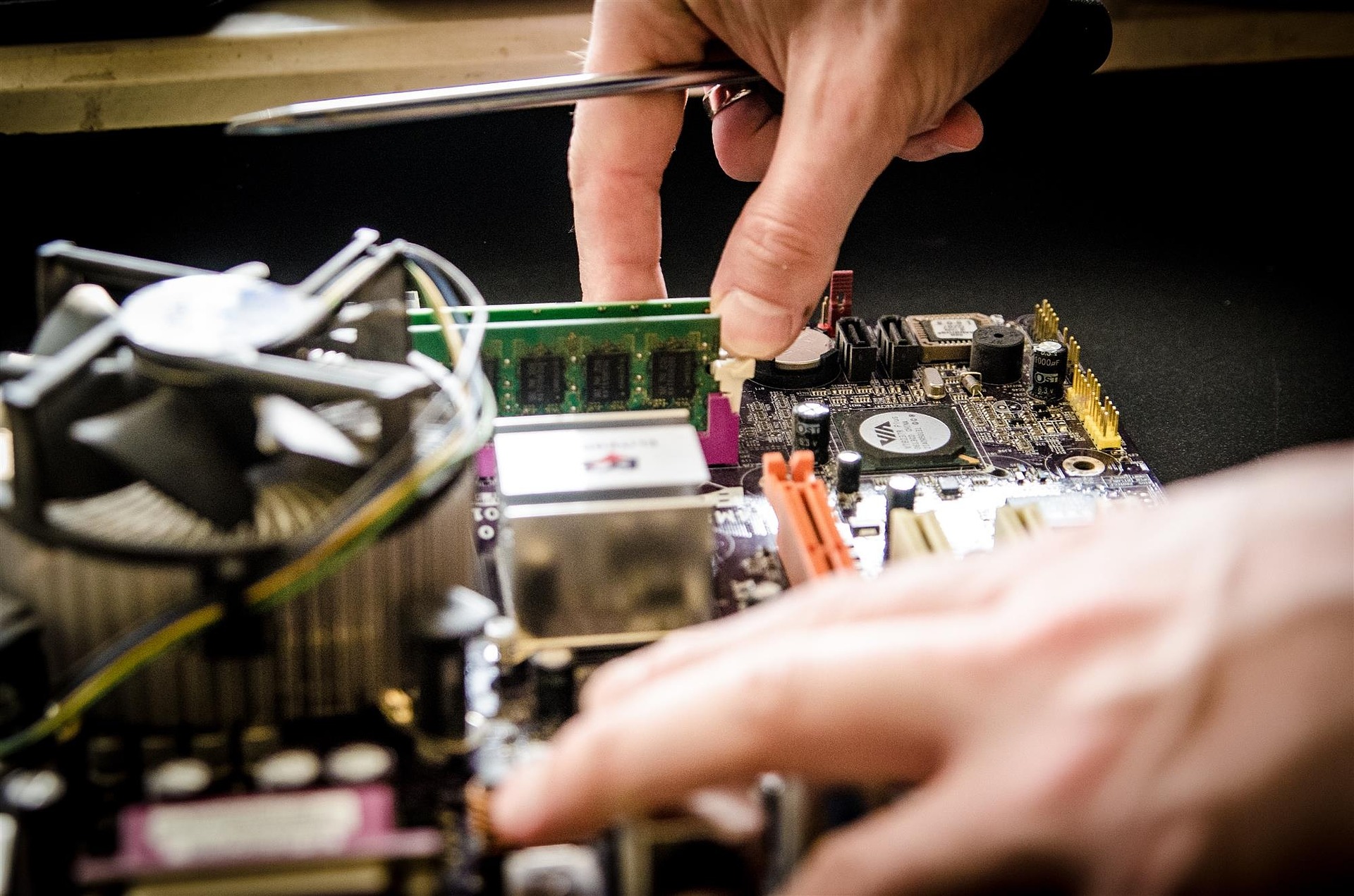University of Florida researchers have received a National Science Foundation (NSF) grant to develop and host a two-week GenCyber summer camp program for high school students on the topic of hardware security. The project, titled “Hardware Security for High School Students” is a three-year project led by Dr. Wanli Xing, Assistant Professor in the School of Teaching and Learning.
“The goal of this project is to develop and investigate cybersecurity education in K-12 level with a shift to hardware security,” Xing said.
Co-PIs include Dr. Swarup Bhunia, Professor in the Electrical and Computer Engineering Department and Director of the Warren B. Nelms Institute for the Connected World; and Dr. Mary Jo Koroly, Research Associate Professor in the Department of Biochemistry and Molecular Biology and Director of the Center for Pre-Collegiate Education and Training.
GenCyber is an established national program supported by the National Security Agency (NSA), NSF, and other federal agencies. The program provides summer cybersecurity experiences for students and teachers, with the goal to “ignite and sustain cybersecurity interest at the K-12 level in order to build a competent, diverse, and adaptable cybersecurity workforce pipeline.” GenCyber grants provide funding for universities across the nation to manage and run GenCyber camps.
The risk of cyber attacks continues to rise, and people with cybersecurity skills are needed. The field of cybersecurity has focused predominantly on the security of software and the communication network due to the assumption that the underlying hardware is trustworthy and reliable. However, emerging hardware attack methods have originated from untrustworthy global supply chain sources and vulnerabilities inherent to the hardware.
“Understanding the innards of an Internet of Things (IoT) endpoint device, such as a smart camera or a smart thermostat, and their security issues, is becoming essential for our students. This is because hardware-based attacks and security solutions are growing rapidly in the IoT era,” Bhunia said.
The hardware security camp will focus on developing and leveraging innovative educational toolkits to provide a robust learning experience for students; provide pre- and post-camp activities to promote further education, and utilize a variety of research-based strategies (e.g. near-peer mentoring, hands-on learning, game-based learning, etc.) to foster students’ learning of cybersecurity.
